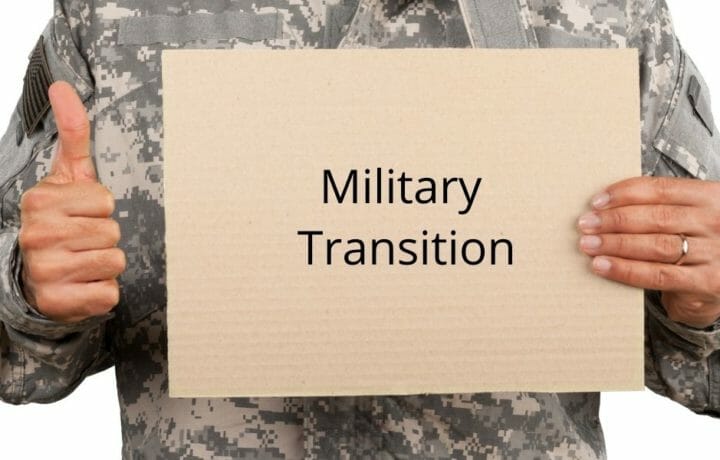A key issue in today’s employment market is the hiring gap. While there continues to be much talk about veteran unemployment, transitioning service members with coveted skills and high-level clearances have a variety of employment options. Other veterans – particularly those who are young, served a shorter tour of duty and in turn come out of service with less experience or transferable skills, do face formidable employment hurdles.
A recently implemented overhaul of the military’s Transition Assistance Program aims to help all transitioning service members with more relevant career advice. In contrast to the TAP’s two-to-four hour seminar the new Transition GPS involves a week-long course. In addition to the basics of building a resume and considering post-military career options, service members will have the chance to explore technologies available to assist their job search, receive information on entrepreneurial opportunities from the Small Business Administration and explore how to truly put their GI Bill benefits to use. Here are the key changes service members, and all veterans looking for employment, should pay attention to:
1. Explore transferrable skills, certifications and the skills gap. It doesn’t matter if a service member has excellent expertise in a particularly job if that job is not in demand. Veterans need to hone in on what skills are in demand. GI Bill benefits are more generous than ever. Veterans can take advantage of that benefit to gain experience that will pay off in a career. And while not everyone will be interested in a career in cybersecurity, veterans should consider programs sponsored by universities, government agencies and private companies, all of whom are seeking to fill vacancies for cybersecurity.
2. Consider all the factors. While it’s great to focus on the job, it’s also critical to consider your spouse, kids and quality of life factors. If relocation is a factor, think through the move, including commute times and what other career opportunities exist in the area if the job you take doesn’t work out.
3. Be an entrepreneur. A two-day program sponsored by the Small Business Administration will focus specifically on veterans looking to start their own businesses. Statistically, veterans are more inclined to be entrepreneurs, and for good reason. Their military career instilled in them values, work ethic, and independence that bode well for an entrepreneurial career. Veterans, especially those with a pension, are well poised to take on the financial risk of small business ownership, but should remain cautious and like we already advised, consider all the factors.
4. Use technology. Technology is a force multiplier in today’s job search. It allows job seekers to get to know companies they otherwise never would have considered, and get all the information when it comes to relocation. The Cleared Network is continually adding new groups, a popular feature which allows job seekers to view jobs, news, and resources in a particular niche.
5. Map the path. The reality is, many veterans will transition knowing exactly what career they’d like to pursue, and won’t have any trouble getting it. Others will have a career they’d like to follow, but they lack adequate skills and training. The third group still doesn’t know what they’d like to do. Whatever group you fall into, success is achievable, especially given today’s wealth of resources available. But it’s critical to determine how to get there before jumping into the job market – consider using GI Bill benefits, especially if you’re uncertain what you’d like to do. Find a mentor if you know the career you’d like to pursue and don’t know how to get there. Begin making goals, and get on the path to meeting them.
Lindy Kyzer is the editor of ClearanceJobs.com. She loves cybersecurity, social media, and the U.S. military. Have a conference, tip, or story idea to share? Email editor@clearancejobs.com.



